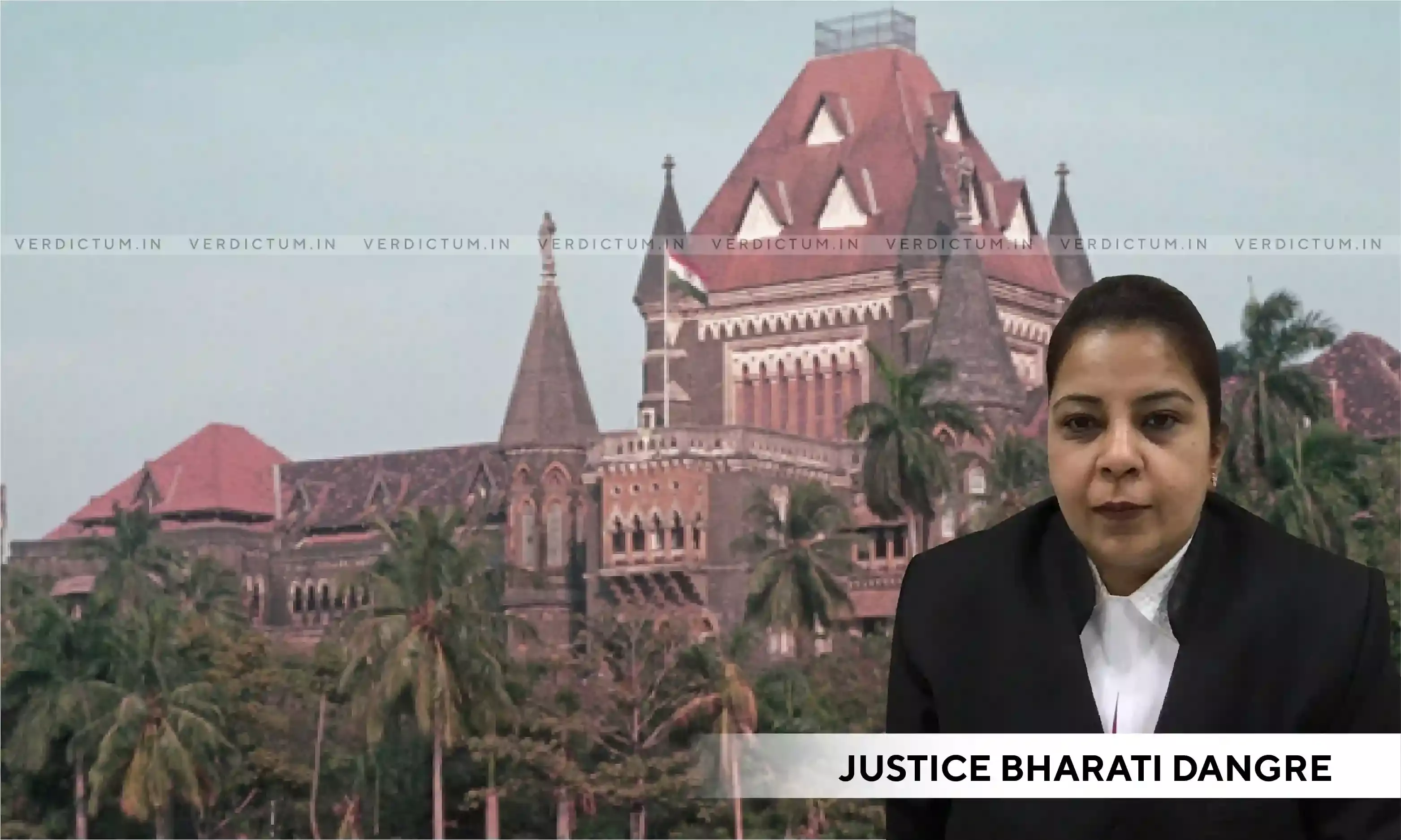Age Of Consent Has To Be Distinguished From Age Of Marriage As Sexual Acts Do Not Happen Only In Confines Of Marriage- Bombay HC

The Bombay High Court has said that it is for the Parliament to ponder upon the issue with regard to the consent age for a sexual relationship amongst adolescents.
A Single Bench of Justice Bharati Dangre noted, “Ultimately, it is for the Parliament to ponder upon the said issue, but being cognizant of the cases, which are coming before the Courts, with a huge chunk, being the romantic relationship. … The mere apprehension that adolescents would make an impulsive and bad decision, cannot classify them under one head and by ignoring their will and wishes. The age of consent necessarily has to be distinguished from the age of marriage as sexual acts do not happen only in the confnes of marriage and not only the society, but the judicial system must take note of this important aspect.”
The Bench said that a balance between the protection of vulnerable classes and that, capable of exercising the power to decide, what is right for them, must be necessarily struck. It gave examples of some countries that have reduced the consent age of sexual relationships for adolescents.
Advocate Murtaza Najmi represented the appellant while APP S.R. Agarkar and Advocate Sonali Sable represented the State and complainant respectively.
Brief Facts -
The appellant, on being tried by the Special Judge for the offences punishable under Sections 363, 376, 107, and 109 of the Indian Penal Code (IPC) and under Sections 4, 6, and 17 of the Protection of Children from Sexual Offences Act, 2012 (POCSO Act), was convicted via judgment. He was handed over a sentence of rigorous imprisonment for 10 years, on being convicted under Section 6 of the POCSO Act and to pay a fine of Rs. 2,000/-, in default to undergo R.I. for one month.
Though found guilty, of committing the offence under Section 376 of IPC as well as under Sections 4 and 6 of the POCSO Act, no separate punishment was awarded to the appellant. He was convicted for raping a 17-year-old girl but he and the said girl claimed that they were in a consensual relationship. The girl submitted before the special court that under Muslim law, she was considered a major and hence she had 'Nikah' with the appellant.
The High Court in view of the above facts observed, “Sexual Autonomy encompasses both, the right to engage in wanted sexual activity and right to be protected from unwanted sexual aggression. Only when both aspects of adolescent's rights are recognized, human sexual dignity can be considered to be fully respected. … Over the time, the age of consent has been increased by various statutes in India and it was maintained at 16 from 1940 till 2012, when POCSO Act raised the age of consent to 18 years, probably one of the highest ages globally, as majority of countries have set their age of consent in the range of 14 to 16 years.”
The Court said that children in the age group of 14 are considered capable of giving consent to sex in countries like Germany, Italy, Portugal, Hungary, etc. It further said that in London and Wales, the age of consent is 16 and among Asian countries, Japan has set the age of consent as 13.
“In Bangladesh, Section 9(1) of the Women and Child Abuse Prevention Act, 2000 defines ‘rape’ as sexual intercourse with a woman, with or without her consent, when she is below 16 years of age. Similarly, in Srilanka, the age of consent is 16. … In comparison, as far as India is concerned, the age of marriage for male and female is fixed as 21 and 18 years as per Child Marriage Prohibition Act, 2006”, added the Court.
The Court further noted that as a result, even if a boy aged 20 indulges with a girl aged 17 years and 364 days, he would be found guilty of committing rape upon her, despite the girl clearly admitting that she was equally involved in the act of sex as the minor is not considered to be capable enough to give valid consent in the eyes of law for entering into consensual sex.
“The concern about the rising number of cases, where minor are punished under the POCSO Act are being expressed by various fronts in distinct proceedings before the Hon’ble Supreme Court, the High Courts of the country as well as the POCSO Special Court, where the POCSO cases are tried. Despite a clear stand being taken by a female in such an act, that it was a case of consensual sex, the other part i.e. the male stand convicted under the POCSO Act with a specifc reasoning, being supporting that POCSO Act was never intended to include consensual sex with the minor”, observed the Court.
The Court said that a case of physical attraction or infatuation always come forth when a teenager enters into a sexual relationship and that it is high time that our country is also cognizant of happenings around the world.
“I am of the opinion that the learned Special Judge has erred in convicting the appellant for committing the offence of rape under Section 376 of IPC as well as the offences under Sections 4 and 6 of the POCSO Act and awarded him the sentence in the impugned judgment. … since I am unable to concur with the conclusion derived by the learned Judge, merely on the ground that though the sexual intercourse was consensual, but the girl was minor and based on this aspect, the appellant, in my considered opinion, cannot suffer the sentence, in case of a consensual sexual act”, the Court held.
Accordingly, the High Court acquitted the appellant and set aside the judgment of conviction.
Cause Title- Ashik Ramjan Ansari v. The State of Maharashtra & Anr. (Neutral Citation: 2023:BHC-AS:19208)


